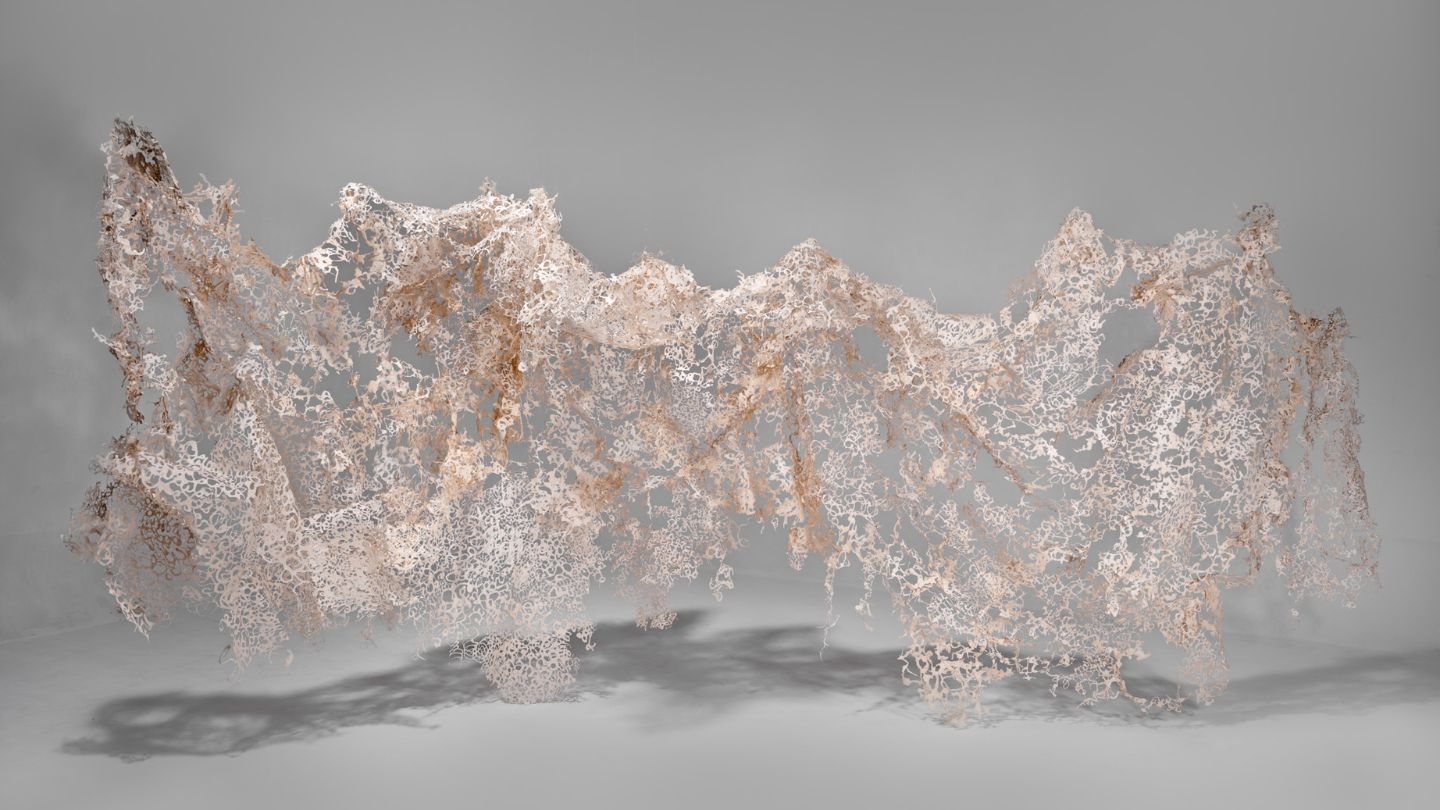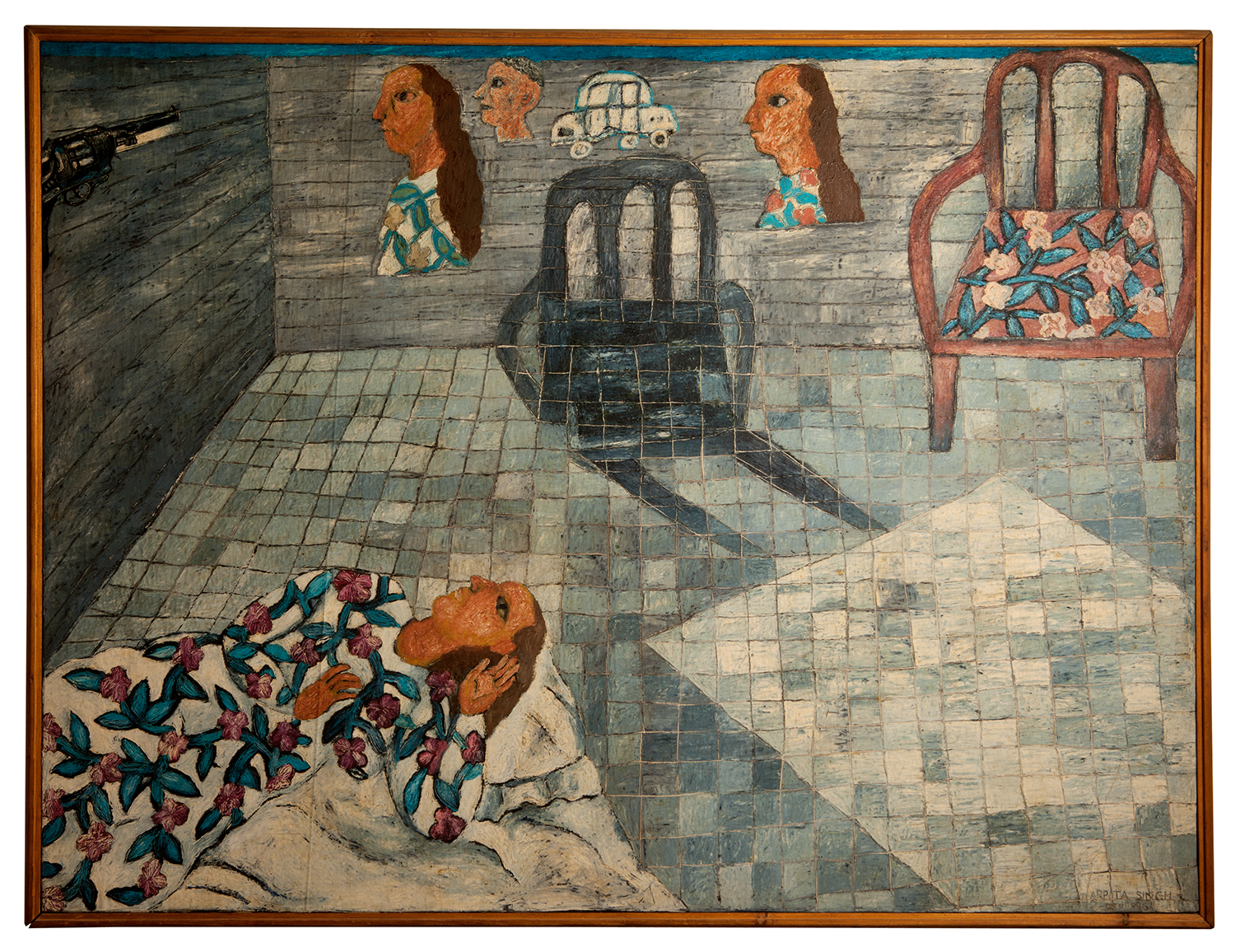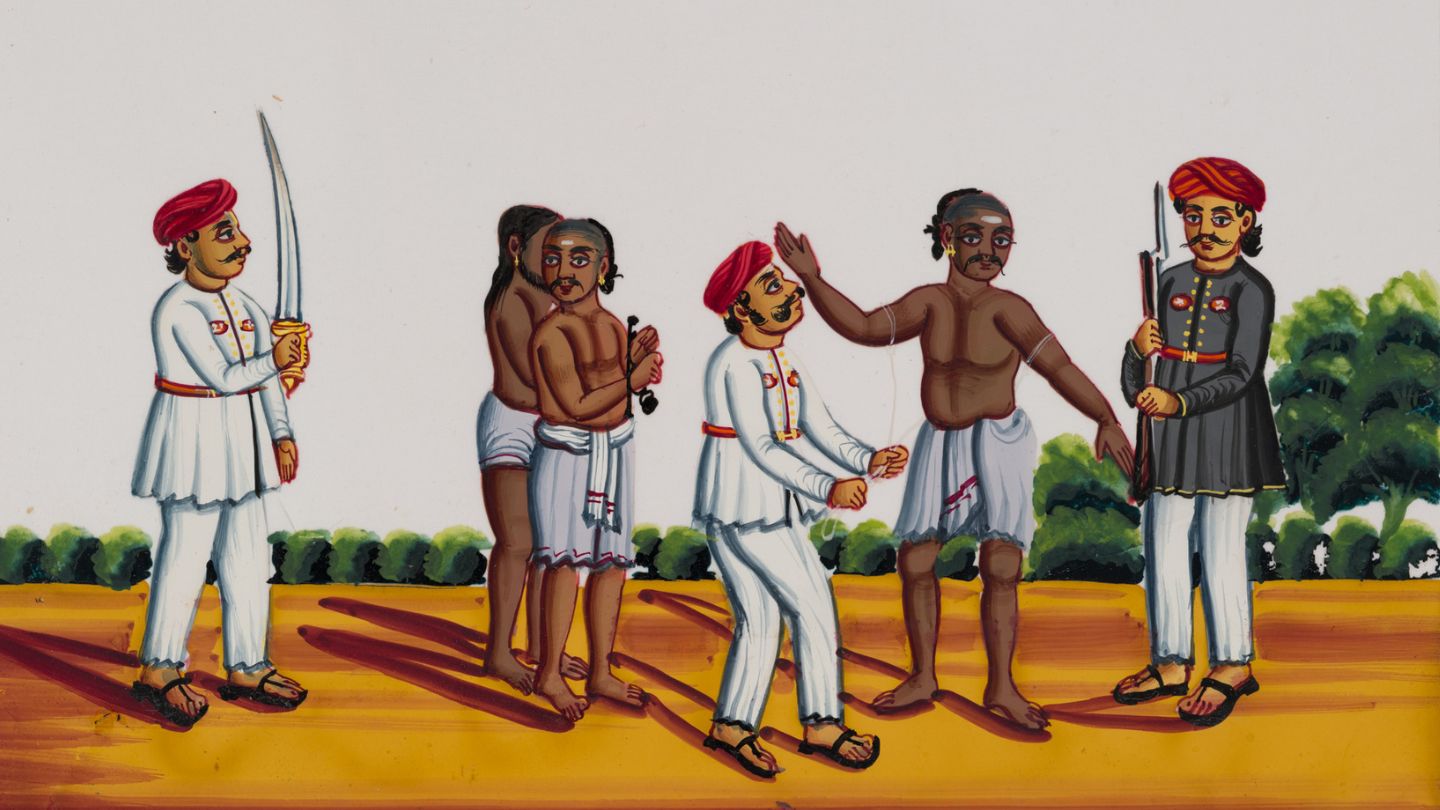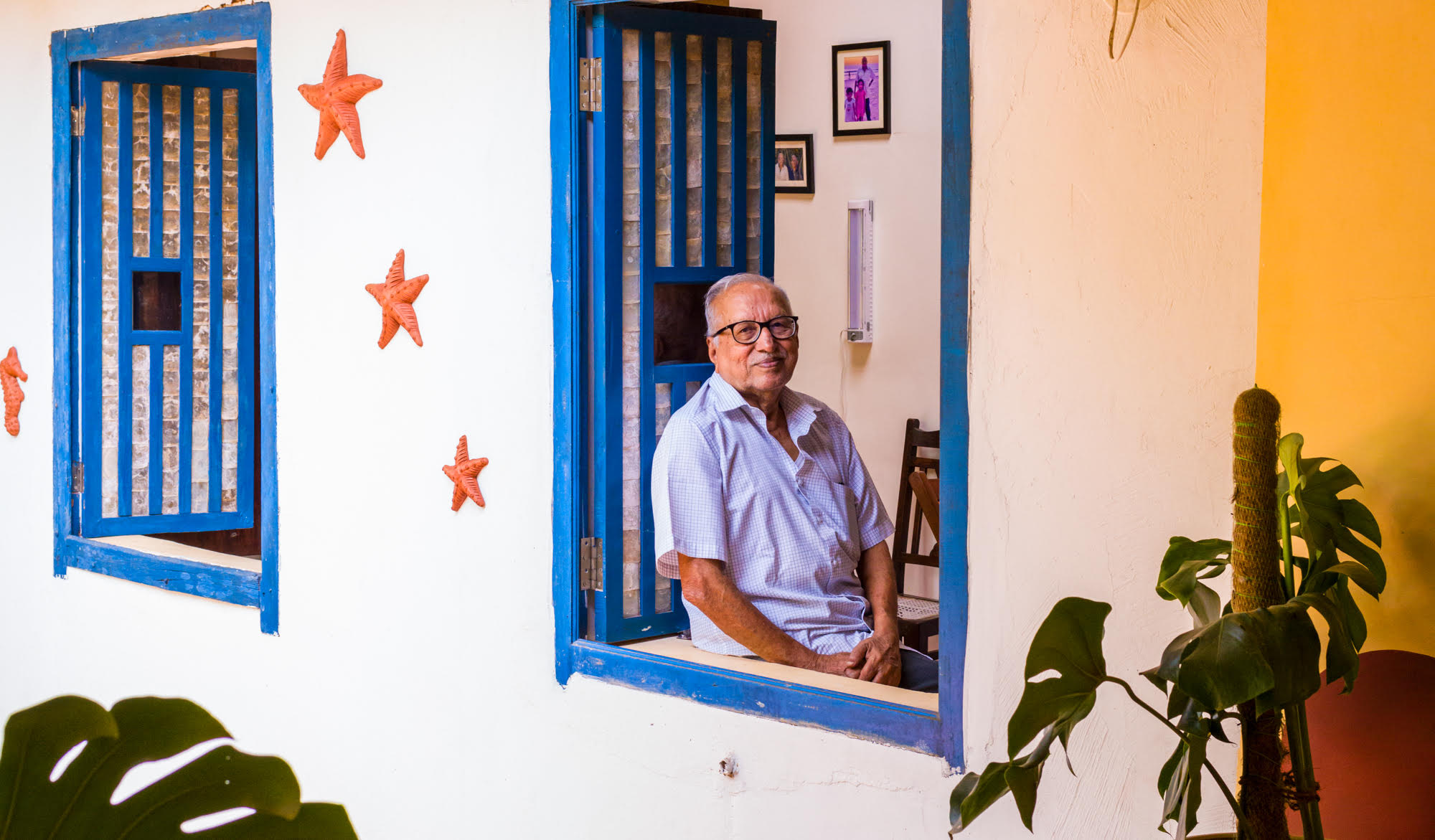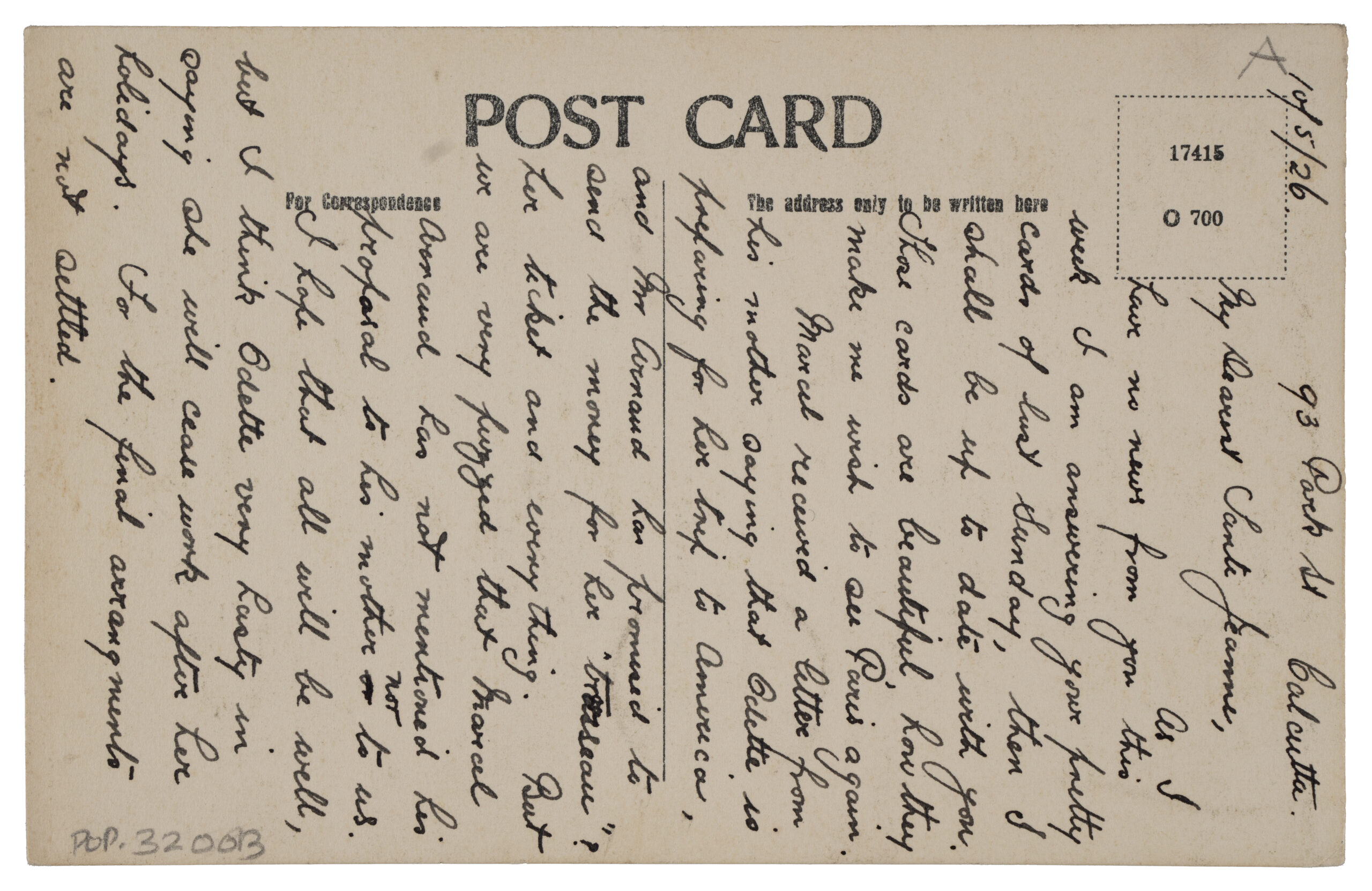Blogs
The Tiffin
Riya Kumar
A glimpse into IARF grantee, Anirban Saha’s graphic novel.
In June of 2021, MAP in partnership with 1Shanthiroad Studio launched a relief fund to support artists and their work during the difficult times posed by the Covid 19 pandemic. Open to all practising artists in India, the relief fund received an overwhelming response with over 1000 applications. Twenty artists were selected by an independent jury comprising Paula Sengupta, Radha Mahendru, Indrapramit Roy and Suresh Jayaram. The jury members also offered mentorship conversations to the artists.
In an attempt to showcase the exciting work that was achieved under this grant, we have placed the grantees and their artworks in conversation with each other, to respond to and facilitate a conversation around the common themes or concerns addressed in their art.
Taking the form of a three-volume graphic novel, Anirban Saha’s work dwells on the tiffin box or dabba, a ubiquitous feature of many households in the country. The inspiration for the novel came from Saha’s observations of dabbawalas in the alleys of Calcutta. Dabbawalas form an integral part of a quintessential food delivery system where hot lunches are packed in dabbas, picked up by dabbawalas, and then delivered to individuals, typically office workers. In Saha’s novel, the tiffin box is evoked in myriad ways: as a signifier of socio-economic issues, as a symbol of childhood and nostalgia and as a microcosm for modern food delivery systems and agents.
The physicality of a three-tiered tiffin box forms the impetus for the three volumes; each layer corresponds to a different volume. The first layer/volume explores childhood and education, the second looks into the supply of food and labour, while the third sheds light on food delivery systems through a conversation with a zomato delivery agent. Conceived during a tumultuous time, the volumes also trace the impact of the pandemic on these various networks.
The first volume of the novel looks at the effect of the pandemic on education systems in India, particularly the pivot to online classes. Saha’s drawings and texts derive from interactions with students who have learnt drawing under him. It highlights some of the small freedoms that online classes have offered, such as the time to ponder and reflect on other interests.
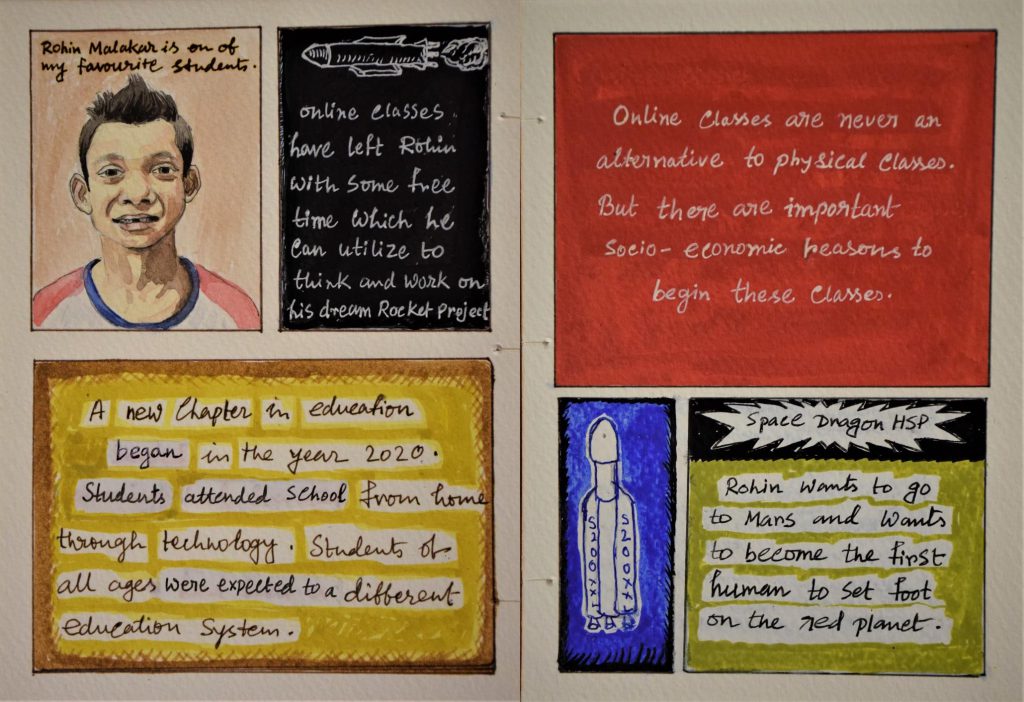
Tiffin Box, Volume I, Anirban Saha, Pg. 6-7, 2022
But, it largely focuses on how online school has deprived students from interacting with their friends, engaging in small acts of friendship – the sharing of a tiffin, for instance. The tiffin, here, becomes a marker of nostalgia, underscoring the desire for children to return to school, meet their friends, open their tiffins and maybe share a meal together.
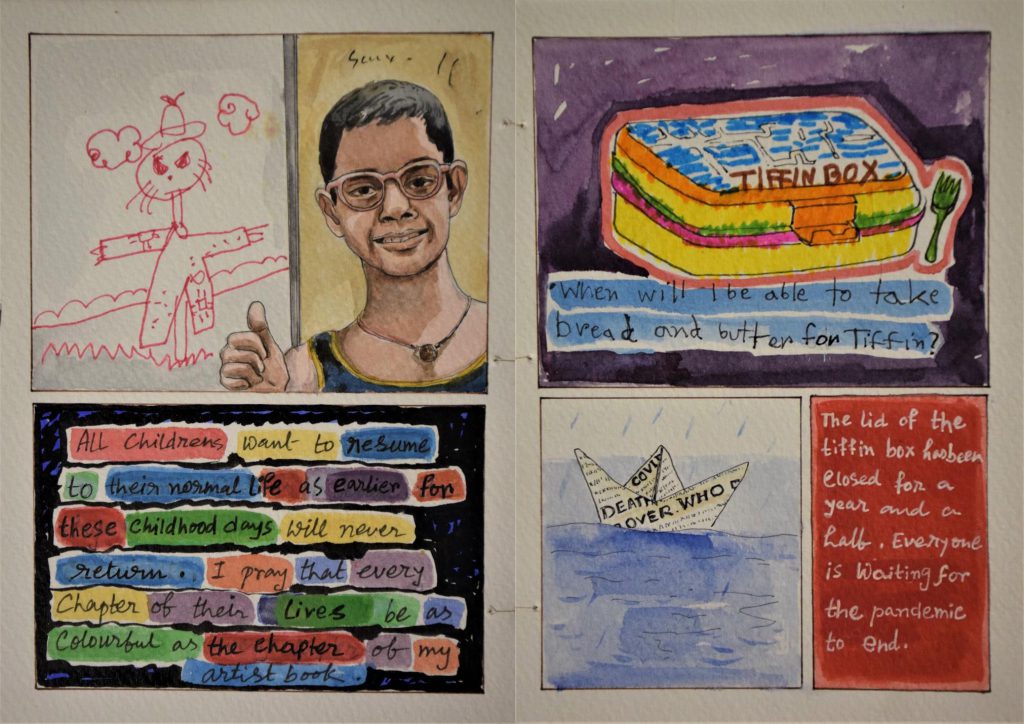
Tiffin Box, Volume I, Anirban Saha, Pg. 16-17, 2022
The second volume focuses on local food, fruit and vegetable suppliers, and the impact that the pandemic has had on these networks. The artist, through visuals and text, narrates how Sita Devi and her son, Dhirambir, provided meals to him during the lockdown. Despite the economic ramifications of the pandemic and low demand, Sita Devi and Dhirambar refused to let go of their family business of making and delivering dabbas. Each meal prepared by them is an act of labour and care.
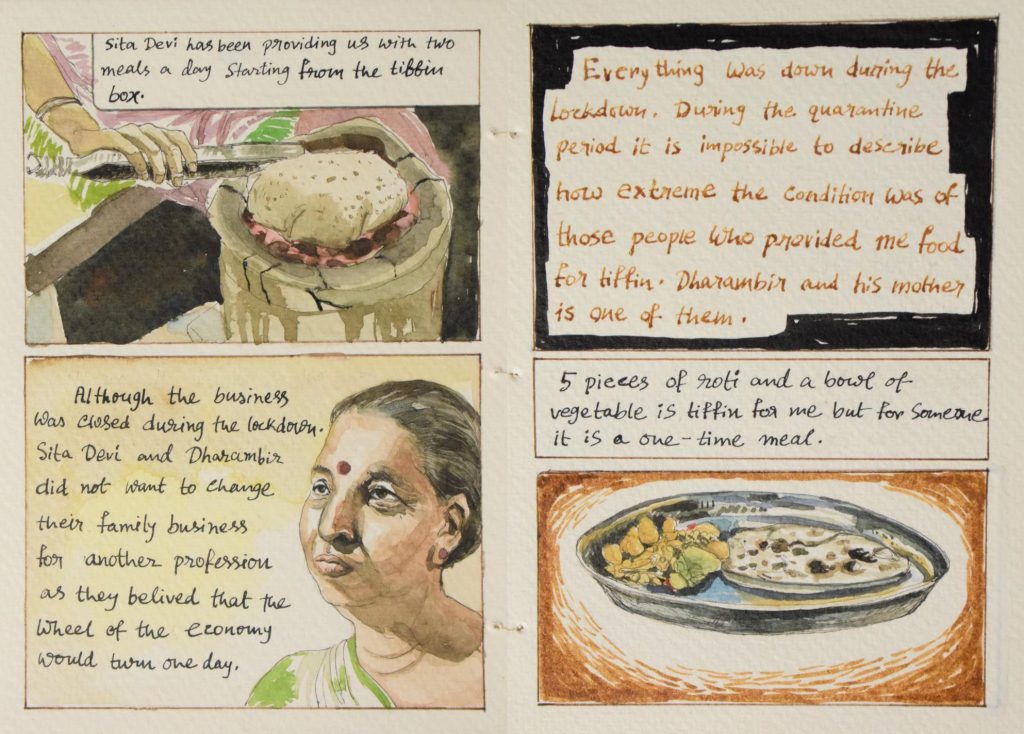
Tiffin Box, Volume II, Anirban Saha, Pg. 11-12, 2022
Yet, in another page of the same volume, we see how others were made to switch professions in order to sustain themselves and their families. Ramesh had been in the business of fruit selling for seventeen years. During the lockdown, however, Ramesh’s business closed down and he was forced to take up work as a daily labourer. The pandemic had devastating effects on informal labour markets where individuals faced uncertain employment opportunities in addition to declining wages.
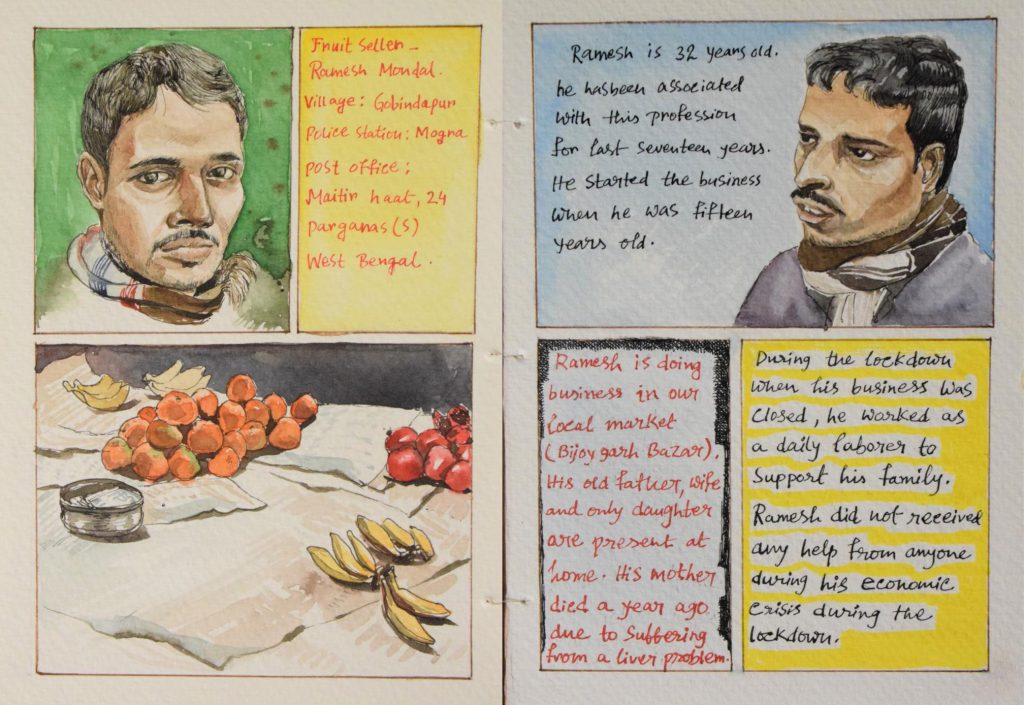
Tiffin Box, Volume II, Anirban Saha, Pg. 13-14, 2022
The dabbawala delivery system sets a precedent of sorts for modern food delivery apps like Zomato and Swiggy. In Volume III, the artist engages with Apurba Saha who works with Zomato as a delivery agent. Despite the lockdowns and storms that weathered in Kolkata, food deliveries were deemed an essential service. Apurba remembers the frequent trips he made to hospitals, at times even morgues.
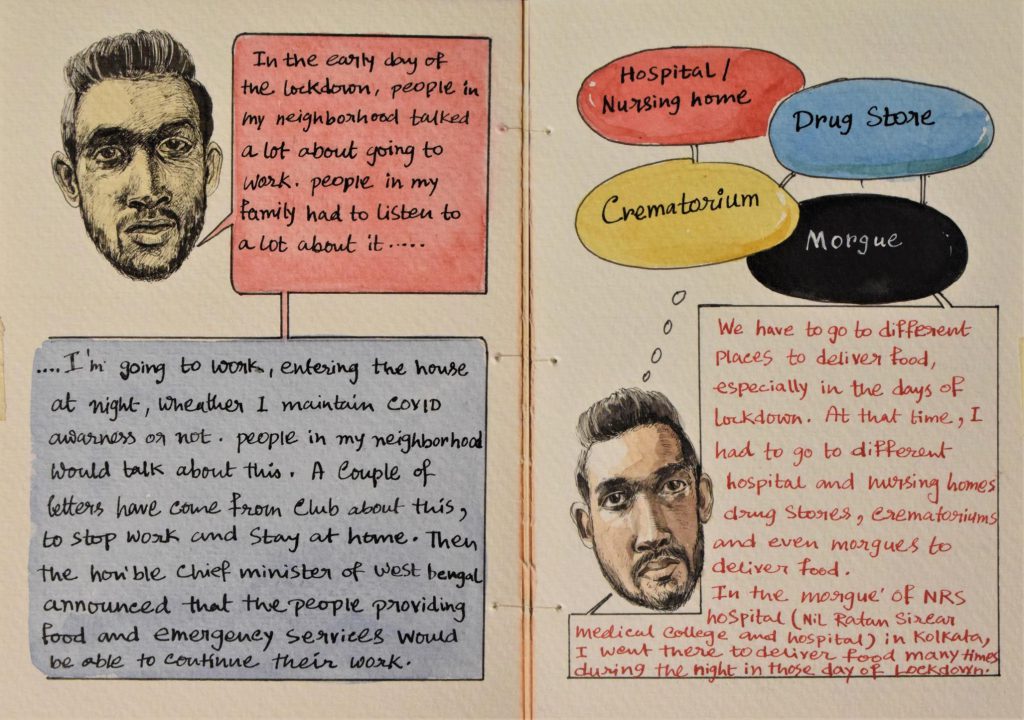
Tiffin Box, Volume III, Anirban Saha, Pg. 11-12, 2022
Aside from facing a high covid risk, Apurba encountered other difficulties in procuring his own food, in addition to arrests by the police for working past midnight. Like other front-line workers, delivery agents performed an arduous task. This volume partly functions as an ode to delivery agents, interspersing Apurba’s experiences during the lockdown with the artist’s own thoughts, prodding viewers to think more deeply about the people who deliver our food and the circumstances under which they do so.
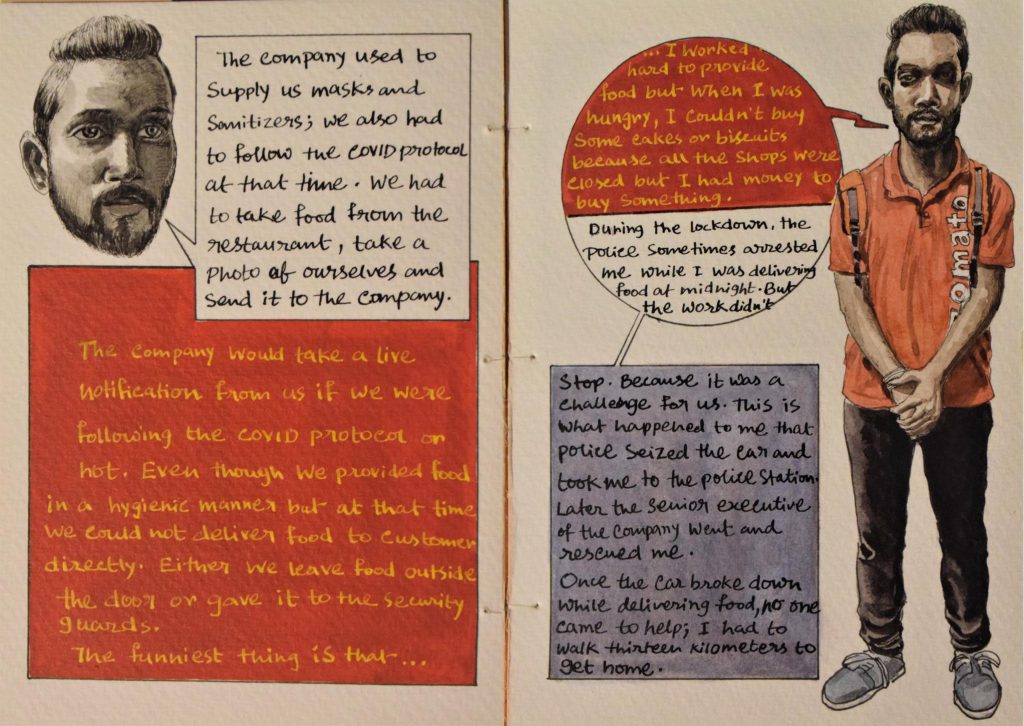
Tiffin Box, Volume III, Anirban Saha, Pg. 13-14, 2022
Through the lens of a tiffin box, Saha discusses larger socio-economic issues and questions of food procurement, consumption and delivery, particularly in the context of the pandemic.
Riya Kumar is a Curatorial Assistant at MAP. In her free time, she reads and watches instagram reels featuring golden retrievers.
